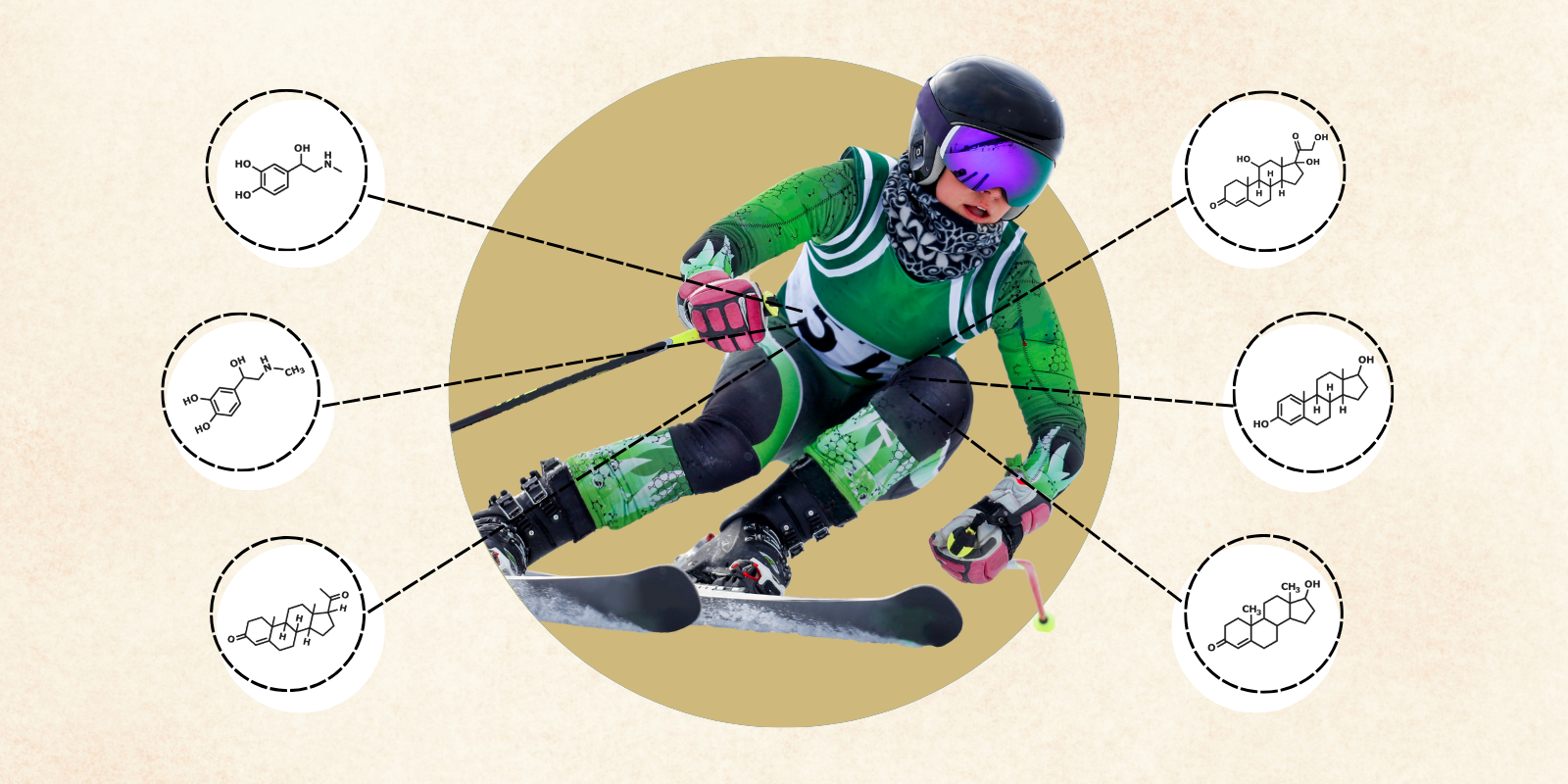Recently published research by Jacinda Nicklas, MD, MPH, associate professor in the Division of General Internal Medicine, may provide a new way to help women lose weight after pregnancy by using a lifestyle intervention app.
Nicklas, who studies high-risk pregnancies and correlation with cardiometabolic diseases, conducted a trial of a mobile health app she designed, Fit After Baby.
The study recruited postpartum women who were overweight or obese and had experienced one of five high-risk pregnancy complications: gestational diabetes, preeclampsia, gestational hypertension, pre-term birth, or delivery of a baby who is small for their gestational age.
A new idea for addressing an ongoing challenge
“We haven't completely figured out what to do for women who have these signals,” Nicklas says. “We don't have many tools for decreasing cardiometabolic risk, which is why I wanted to work on this lifestyle intervention program.”
Previous research found that weight loss within 6-12 months after pregnancy can lower a woman’s chance of developing cardiovascular diseases or type 2 diabetes. Any weight retained past that first year is also more likely to be permanent, making this a crucial window for weight loss, yet a tough challenge for many women.
“It’s difficult to be a new mom and find time to focus on yourself and address your own risk factors,” says Nicklas. “Having the app allows women to feel that they’re given permission to take time for themselves and to make some of these changes.”
Throughout the 12-week study, new moms were asked to wear fitness trackers and log into the app. The program provided daily evidence-based content, such as physical activity suggestions, recipes, and motivational strategies, and helped track weight, diet, and activity.
The app also included weekly coaching and offered games and points to incentivize usage. Participants were given a weight loss goal of returning to pre-pregnancy weight and losing additional weight – up to 7% – if still overweight or obese.
An eye toward the future
The study was impacted by the COVID-19 pandemic, which affected dietary patterns and changed the daily habits of many women in the study. However, for those who finished the study before the start of the COVID-19 pandemic, those randomized to Fit After Baby showed a significant reduction in weight compared to the control group, which used a publicly available postpartum app.
A large-scale trial will be needed to provide and measure more accurate results. This is timely research, as more than two thirds of women of childbearing age in the U.S. are overweight or obese and a third of all U.S. women experience at-risk pregnancies.
“This is an important population, and much of what we've tried in the past has not been very successful,” says Nicklas. “We must keep working on ways to take advantage of that window of opportunity in a woman’s postpartum period to help improve both her future pregnancies and her future cardiometabolic risk. I think this trial is one of the few studies showing some impact.”
A personal connection
Nicklas knows first-hand the importance of taking care of women who are facing this challenge. When she was pregnant with her second child, she was diagnosed with gestational diabetes. Though she had already completed medical school and was training in internal medicine, she discovered she hadn’t learned much about pregnancy complications, or what it could mean for her long-term health. She realized many other moms probably didn’t, either.
“It made me become really interested in high-risk pregnancy complications and what they mean for future cardiometabolic health,” Nicklas recalls.
Now, she defines her research as helping women protect themselves from future risk of heart disease and diabetes. She hopes her new trial results, published in January in PLOS ONE, can pave the way for postpartum weight loss interventions that stick.




